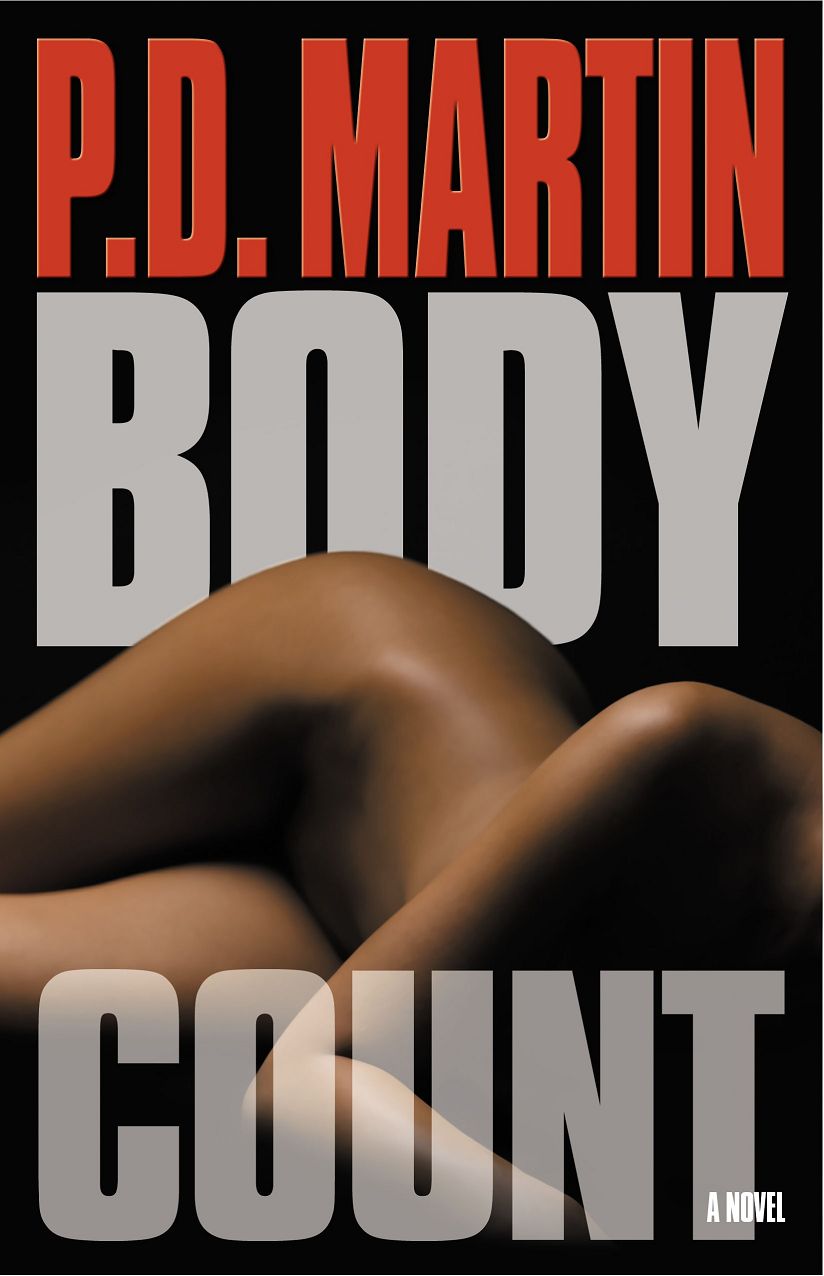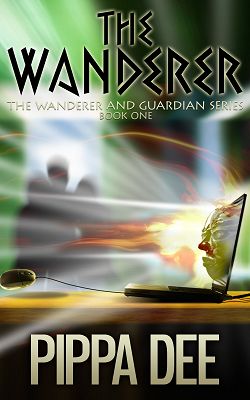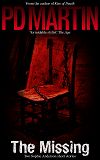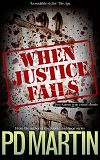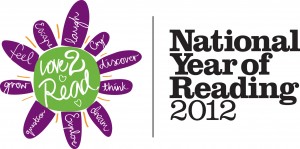 Over at Murderati, I ran a discussion blog for our Wildcard Tuesday. The topic: What makes a good writer? Is it talent (creativity) or skill?
Over at Murderati, I ran a discussion blog for our Wildcard Tuesday. The topic: What makes a good writer? Is it talent (creativity) or skill?
Like many authors, I teach writing. Often the first PowerPoint slide I pop up is one with two bullet points:
- Creativity (talent)
- Skill
And then I ask my students, what mix they think it takes to be a ‘good’ writer. The answers vary dramatically. Most say 50/50, and I also get the two extremes of 80/20 creativity to talent AND 20/80 creativity to talent. My personal take, when putting numbers on something like this, is it’s about 20% talent and 80% skill (and maybe closer to 10/90). After all, why would I teach writing if there wasn’t something, a skill, to teach? And why would there be so many books written on the subject? And why do most authors take one, two, or maybe three or more books until they produce work that’s good enough to be snapped up by a publisher? Because they’re refining their craft.
Of course, the biggest factor is something that doesn’t start off on my bullet point list. Perseverance. And if you put that in the mix it’s probably about 10% talent, 30% skill and 60% perseverance. But perseverance and skill are also inter-related. If you persevere, keep writing day-in, day-out, your skill levels will increase.
In terms of talent/creativity, I do think there are some people who have a more natural gift for things like:
- knowing when to start and end a scene on the page (i.e. what NOT to show the reader);
- capturing a character fairly effortlessly, often in a few lines;
- the story telling arc; and
- translating the voice in their head to a strong voice on the page.
However, these skills can be learned and improved with some theoretical knowledge and lots of practice…IMHO. But what do others think? To get a good cross-section of thoughts on this topic, I asked the other Murderati folk for their input.
Zoe Sharp
I think the technical aspects of writing can be taught, and taught well. The majority of people, if they put time and effort into it, can acquire the skill to become a pretty decent writer. I believe the ability to be a good storyteller―with good structure and story arc and character development―is something else that can be learned, honed and polished. After all, what we do is largely a craft rather than an art.
To my mind, the vast majority of published writers are published because of their persistence rather than their outright talent. Having talent alone is not enough without the technical skills to translate imagination and a flair with words into a finished book.
Creativity can be cultivated in a person who has the spark to begin with, but I’m not sure it can be instilled in everyone regardless. The ability to notice the small details that pull a story out of the ordinary, that takes something special―something extra. As is the ability to describe those nuances of emotion and character using words that are fresh and clear.
Everybody looks, but not everybody sees.
Pari Noskin Taichert
I think that talent isn’t really the issue; it’s having a distinctive voice that most of us equate with “talent.” As to skill, it does take quite a bit of time and effort to be able to translate that voice into something others will want to read . . . and can understand. Too many people don’t have the skill to write what they really mean to say. Even if they do, readers will bring their own experiences and interpretations to any work.
Stephen Jay Schwartz
Note: Stephen was fighting time this week, but said:
Bottom line ― it’s always bothered me when people have said, “Oh, writing is easy for you because you were born with such talent.” Everyone has it in them to be good. Some better than others. But it takes a lot of work, sometimes a life-time of work, to reach the point where our “born talent” is revealed. Nothing comes easy.
David Corbett
I’ll second what Pari said: The key is a unique voice, but that’s just the beginning. No student is harder to teach than the one who thinks he’s talented. It takes humility and a passion to write well to achieve the kind of quality that makes your writing worth reading. That passion comes from being inspired by the writers who you want to emulate, who’ve created in you a desire not just to read but to create.
Fiction is much harder than people think, because they only see the end result. But craft alone can’t provide the ineffable magical wonderful rush that truly great prose or poetry creates. That quality can’t be taught, it can only be nurtured―or squandered, or destroyed.
The great joy as a teacher is to read a student’s work and see something special there, and to try as best you can to help that student take the next step toward excellence. The great heartbreak is to have a gifted student who thinks your pointing out where his work falls short is just evidence you don’t recognize his talent.
Alex Sokoloff
Talent―that’s a weird one when it comes to writing. I used to sing a LOT, not just in bars, believe it or not, but also in some pretty intense classical/madrigal groups, so I ended up singing with a fair number of opera singers. Now THAT’S talent. You are born with that kind of voice or you are not (I was not!). It’s like whatever God is, singing through you. There is no arguing it. There is no room for doubt. You have it or you don’t.
You don’t see that in writing very often―there are genius writers to be sure (again, I am not one of them!), but it’s a less pure talent than musical talent, I think. Consequently yes, writing skill can be developed. People can become serviceable writers and be published without ever being much good, and I think that’s a lot because we ALL (except actual illiterates) know how to write, sort of―it’s our second language. And we’re all studying storytelling all the time, without actually knowing it, because we’re reading and watching movies and TV all the time and assimiliating the rhythms of story.
But I do think good writers (and that I will admit to being) are born with a certain programming―an ear, a voice, that not everyone is born with. You can hone storytelling skills, but if you’re not born with that ear and voice, you’re never really able to create that seamless dream that is key to a really good book.
And I completely agree with you, P and Z, about persistence―only I’d call it WILL, and bottom line, it’s more effective than skill or talent in becoming a professional writer. God knows I’ve seen that often enough in Hollywood―but in publishing, too. It’s not pretty, but it’s true. If you have the will, you can make it without talent OR skill.
Gar Anthony Haywood
If the question is “What makes a good writer?”, I would quantify the talent/skill equation this way:
25% talent/75% skill
But if you were to ask me what makes for a “great” writer, I think the numbers change to something more like this:
40% talent/60% skill
This is because the things an author does to create great work―as opposed to work that is merely competent―cannot be taught. All the components of what we writers like to call “voice”―use of language, dialogue, pacing, character, etc.―are products of instinct, not learned behavior. Can anyone become a great artist simply by learning all there is to know about the use of paints and brushes? Do all skilled draftsmen have what it takes to become great architects?
The mechanics of the craft are important, and no author can reach his greatest potential without learning them. But writing only bears so much resemblance to cabinet making. If the objective is great work, the tools are not enough. Vision is also required, in no small measure, and vision is God-given.
Comments Off






